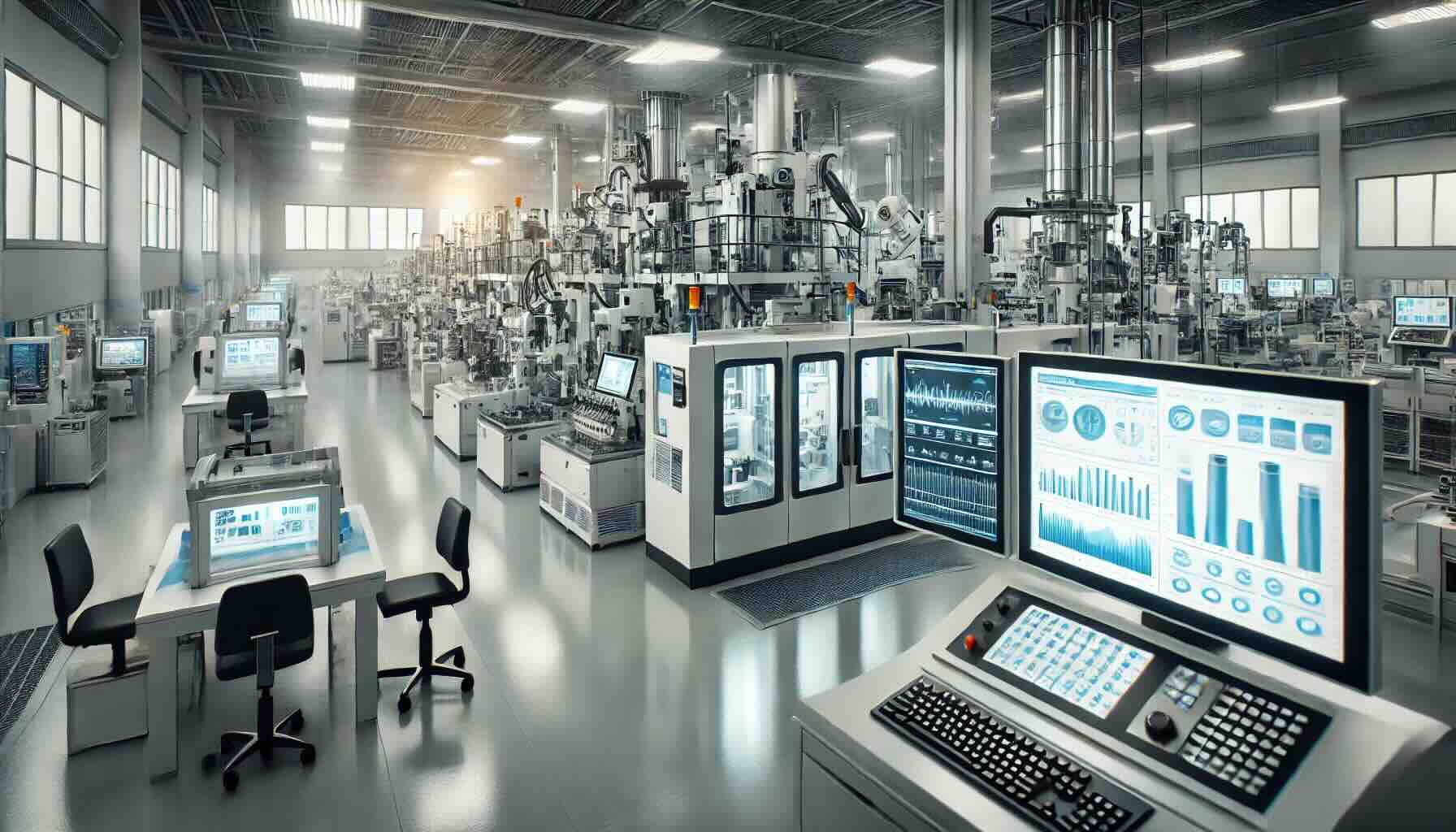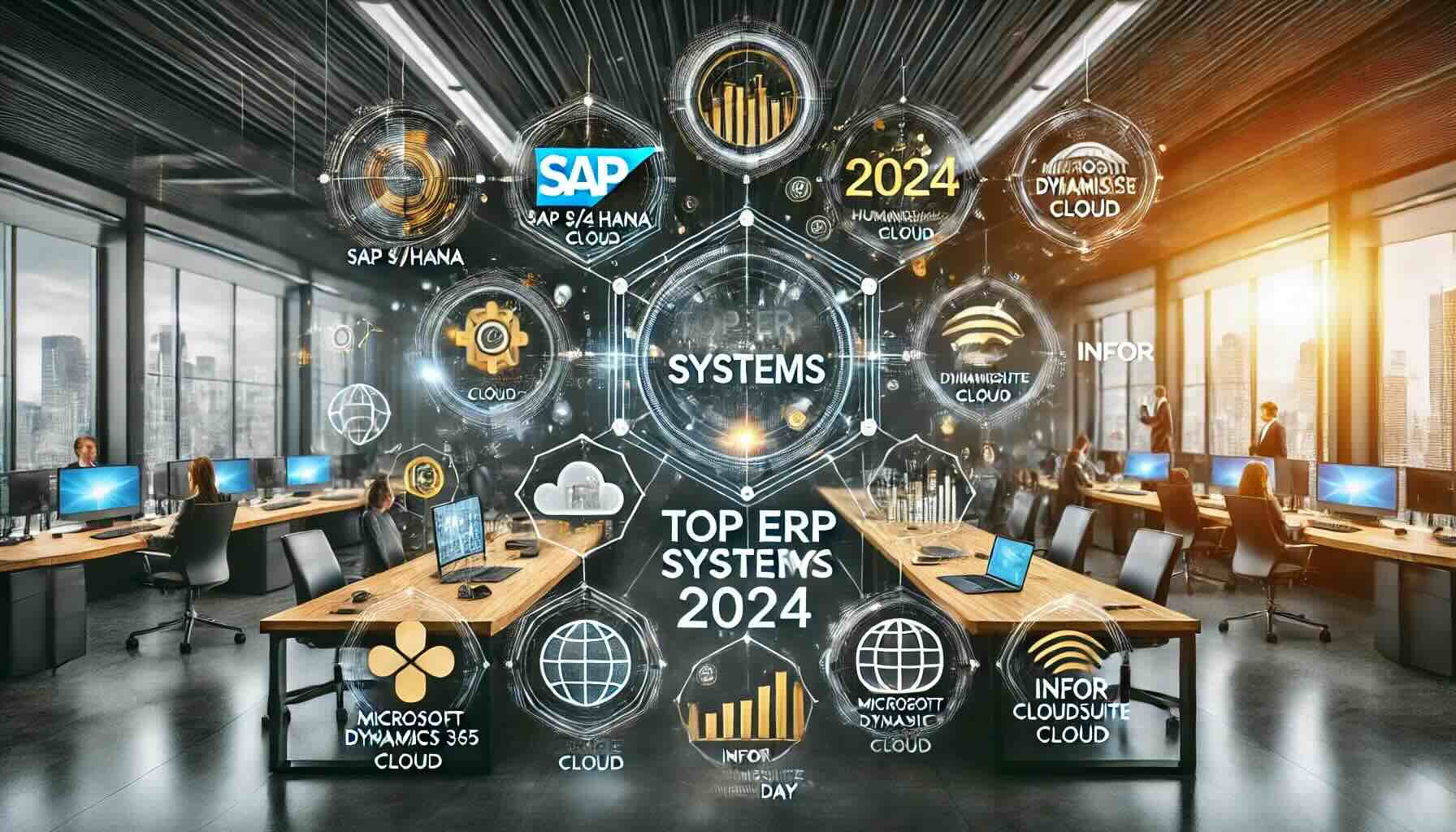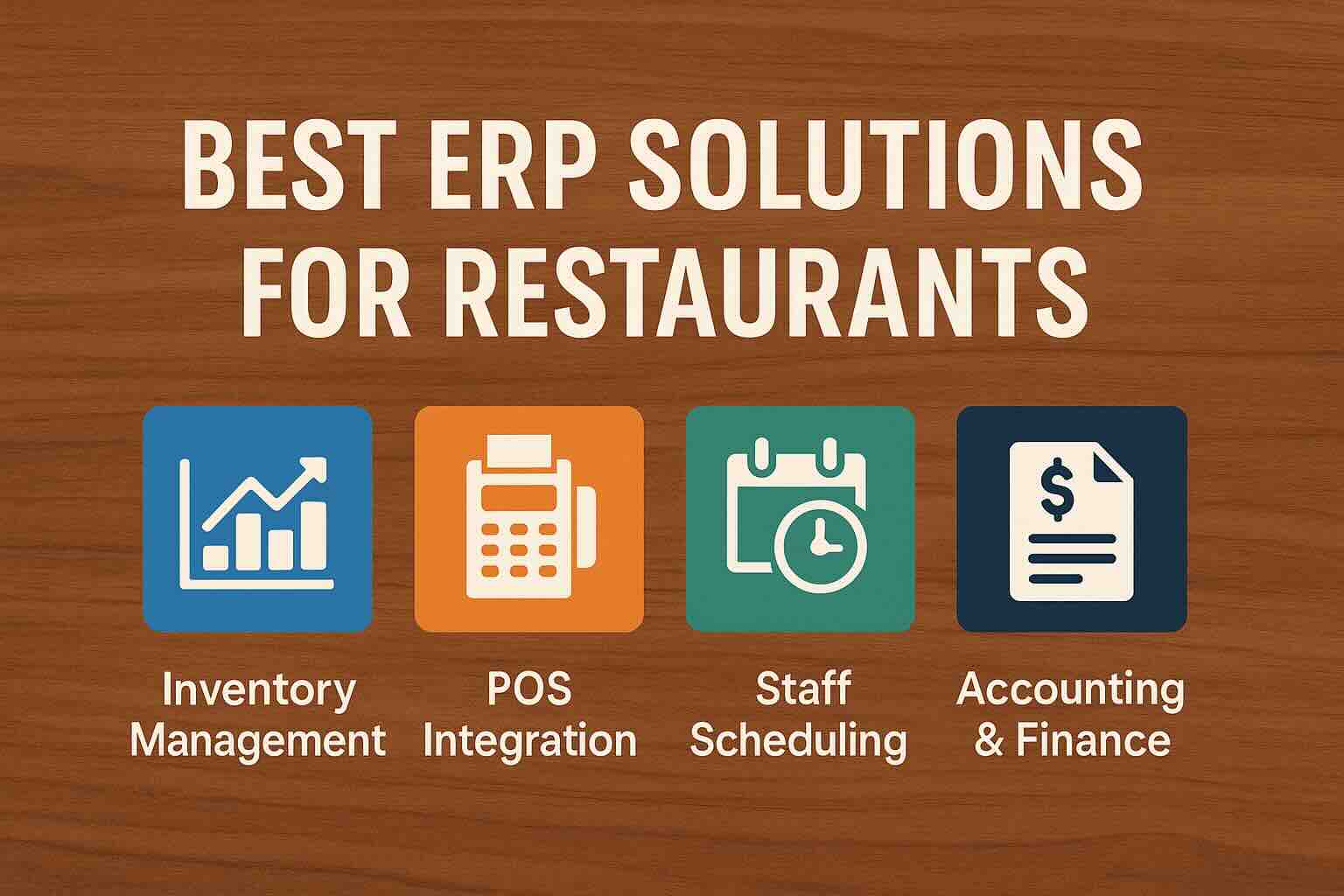Is DelmiaWorks a Good Choice for Plastics and Rubber Businesses?

When it comes to ERP solutions, finding software that aligns well with the unique needs of plastics and rubber businesses is essential. In a sector where production efficiency, regulatory compliance, and quality control are paramount, having an ERP system designed to manage these specific demands can be a game-changer. DelmiaWorks, formerly known as IQMS, is a popular choice for manufacturing ERP systems and brings unique strengths to the plastics and rubber industries. But is it the best choice? Let’s explore DelmiaWorks’ capabilities and how they align with the needs of plastics and rubber businesses.
Overview of DelmiaWorks
DelmiaWorks is an ERP and MES (Manufacturing Execution System) solution developed by Dassault Systèmes, a company recognized globally for its innovative software in 3D design, engineering, and manufacturing. Originally branded as IQMS, DelmiaWorks is specifically tailored for manufacturing environments.
This industry-focused approach has made it popular among small-to-mid-sized manufacturers who aim to streamline operations and optimize production processes. Designed to provide complete visibility into the production floor, DelmiaWorks integrates seamlessly with key business functions, from inventory and scheduling to quality control and maintenance. This visibility is critical for plastics and rubber manufacturers, where reducing waste, ensuring compliance, and maintaining precise control over production processes are key to profitability and meeting customer expectations.
Key Features of DelmiaWorks for Plastics and Rubber
1. Material Requirement Planning (MRP)
DelmiaWorks includes a robust MRP module that allows for accurate planning and scheduling of materials, which is vital in the plastics and rubber industries, where raw material costs are often significant. The ability to forecast material needs and track inventory in real-time reduces the risk of material shortages or overstocking. Ultimately, this helps control costs and reduce waste.
2. Production Monitoring and Real-Time Data Collection
DelmiaWorks’ production monitoring system tracks manufacturing processes in real-time. Plastics and rubber industries rely on specific production parameters, like temperature and pressure, to ensure high-quality results. DelmiaWorks can collect real-time data from machines, alerting users to deviations from standards. As a result, it helps maintain product quality and reduces the likelihood of defects. This real-time tracking also improves overall equipment efficiency (OEE), reduces downtime, and ultimately enhances productivity.
3. Quality Management
Quality control is paramount in plastics and rubber industries, where minor deviations can lead to product failures or recalls. DelmiaWorks includes comprehensive quality management tools, such as SPC (Statistical Process Control), that monitor and record quality throughout the production process. By automatically collecting quality data and tracking trends, DelmiaWorks helps ensure that products consistently meet specifications. In turn, this reduces waste and enhances customer satisfaction.
4. Regulatory Compliance
DelmiaWorks’ compliance features are highly beneficial for plastics and rubber companies, which often face strict regulatory requirements. The ERP system tracks raw materials, production processes, and finished goods to ensure compliance with industry standards like ISO and FDA. Additionally, built-in reporting capabilities simplify the creation of documentation needed for audits and inspections, reducing the administrative burden on compliance teams.
5. Inventory and Warehouse Management
Inventory management is a complex task in plastics and rubber manufacturing due to the various types of materials, additives, and finished products involved. DelmiaWorks provides tools for tracking and managing inventory levels, enabling better stock control and accurate demand planning. The software’s warehouse management module also streamlines material flow and optimizes warehouse space, which can reduce storage costs and improve material handling efficiency.
6. Maintenance Management
Equipment downtime can be costly for plastics and rubber manufacturers. DelmiaWorks offers preventive maintenance management that tracks the usage and condition of machinery, scheduling maintenance before issues arise. This proactive approach prevents costly breakdowns, extends equipment life, and ensures that production continues smoothly.
Benefits of Using DelmiaWorks in Plastics and Rubber Manufacturing
Improved Efficiency and Reduced Waste
DelmiaWorks’ real-time data tracking and analytics capabilities allow plastics and rubber companies to monitor and adjust production parameters on the fly. By reducing material waste and optimizing inventory management, companies avoid excess stock and reduce carrying costs, leading to leaner operations.
Enhanced Product Quality and Compliance
Quality and compliance are two areas where DelmiaWorks shines. With built-in quality control tools and compliance tracking, plastics and rubber manufacturers can maintain strict quality standards. For companies that export products or serve regulated industries, this is especially valuable, as it simplifies adherence to legal requirements and reduces the risk of compliance issues.
Greater Visibility Across Operations
DelmiaWorks provides a comprehensive view of all business and production processes, from the sales order to finished goods delivery. This high level of transparency enables managers to make informed decisions quickly. It allows them to identify potential bottlenecks and optimize resources. For the plastics and rubber industries, where margins can be tight, this visibility often leads to better resource allocation and cost savings.
Scalable and Flexible Solution
DelmiaWorks is built to grow with companies, offering scalability that accommodates business expansion or new product lines. For plastics and rubber companies planning to expand, having an ERP system that can adapt to changing production volumes or new product requirements is invaluable.
Pros and Cons of DelmiaWorks for Plastics and Rubber
Pros
- Industry-Specific Functionality: Tailored to manufacturing needs.
- Real-Time Data and Transparency: Full visibility to reduce waste and boost efficiency.
- Compliance Management: Simplifies adherence to regulatory standards, supporting FDA and ISO documentation.
Cons
- High Upfront Investment: Can be a large initial expense, especially for smaller manufacturers.
- Complexity and Training: Requires time and resources for effective onboarding.
- Potentially Lengthy Implementation: Smaller teams may need third-party support for faster deployment.
Conclusion: Is DelmiaWorks the Right Choice?
For many companies in the plastics and rubber industries, DelmiaWorks offers a strong ERP solution. Its industry-specific features like real-time monitoring, quality management, and regulatory compliance tools align well with the demands of these sectors. Additionally, the benefits of improved efficiency, reduced waste, and enhanced compliance tracking make it an appealing choice for businesses focused on lean, high-quality manufacturing.
However, companies should weigh these benefits against potential implementation challenges, training needs, and costs. For larger manufacturers with dedicated IT teams and a need for comprehensive ERP solutions, DelmiaWorks is likely a worthwhile investment. Smaller companies may need to assess whether they have the resources to support a full-scale ERP implementation.
In summary, DelmiaWorks stands out as a robust solution that can drive significant gains in operational efficiency, making it a strong contender for plastics and rubber manufacturers seeking to streamline and enhance their production processes. To find out more about DelmiaWorks click this link.
To compare DelmiaWorks with 100s of other ERP solutions, you can use our new AI-powered Compare ERP tool. It’s free to use and you get a guaranteed discount on your first year’s licence fees with a referral from Compare ERP.









